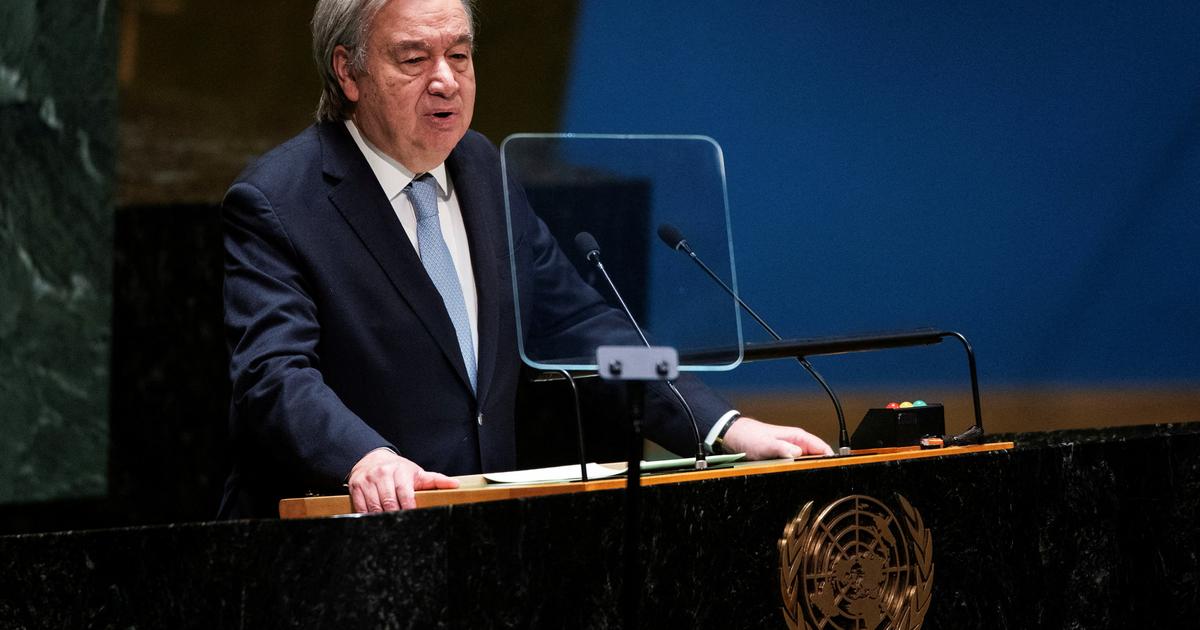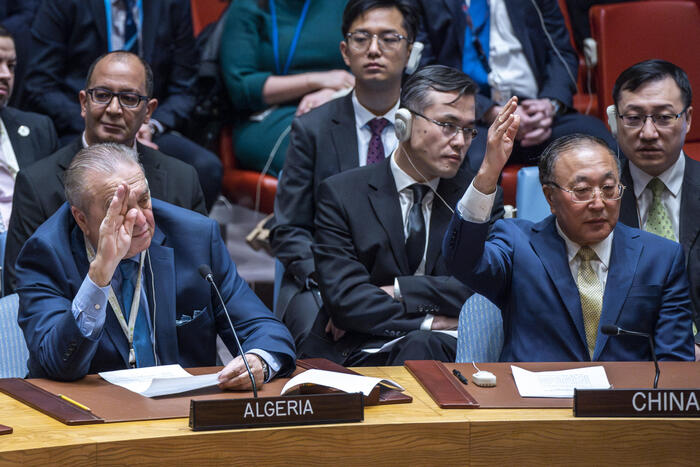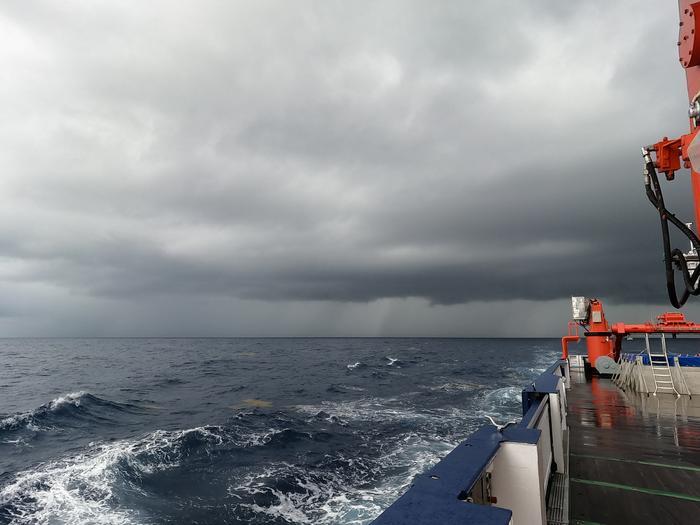A resolution presented as historic by UN Secretary General Antonio Guterres.
On Wednesday March 29, the United Nations General Assembly adopted by consensus a resolution asking the International Court of Justice (ICJ) - the highest court of the UN - to clarify the "obligations incumbent on States
"
.
in climate protection “
for present and future generations
”
.
It has been adopted by more than 120 States, at the instigation of several Pacific islands, vulnerable to rising waters, such as Vanuatu.
On the other hand, the United States - through the voice of a senior Biden administration official quoted by Reuters - did not support it, believing that "diplomacy - and not an international judicial process
-
is
the most effective way to advance global efforts to tackle the climate crisis”
.
Read also“Historic” resolution at the UN for climate justice
However, the resolution taken this Wednesday will have no short-term effect, explains Sandrine Maljean-Dubois, research director at the CNRS and specialist in international environmental law.
THE
FIGARO.
- What does the resolution adopted by the UN say?
Sandrine MALJEAN-DUBOIS. -
Through this resolution, the UN asked the International Court of Justice to clarify what are the international obligations of States in terms of climate change.
Clearly, the ICJ will expose what exists today, taking into account the positions of the different States.
The latter will then issue a purely advisory opinion giving its interpretation of international law.
The ICJ can also intervene in a completely different framework to settle disputes between States, but here its function is simply advisory.
Read alsoClimate: China is resisting the climate emergency
The advice will not target any particular state or prescribe any particular measure.
The clarifications of the ICJ could feed the various national and international disputes.
At the moment, the number of climate lawsuits, like that of France in the "Case of the Century" - is exploding around the world.
What will concretely change?
For now, that won't change anything.
The ICJ will not issue its opinion until next year and it will remain indicative.
So without any coercive value.
This will remain general and abstract, unlike a decision rendered by an international tribunal in a dispute.
It is only an interpretation of international environmental law in force by a judicial body independent of States, which enjoys great authority.
“Such an opinion can have a political effect, by supporting certain positions.
»
Sandrine Maljean-Dubois, specialist in international environmental law
Nevertheless, such an opinion can have a political effect, by supporting certain positions, particularly in international negotiations such as during the COPs.
There would then be really solid legal elements on which the debates could be based.
More generally, the opinion of the ICJ can be used to feed arguments in the various climate disputes, in one direction or the other, depending on the content of the opinion.
For example, a country like Vanuatu
(at the origin of the campaign that led to the UN resolution, editor's note)
could take legal action against developed States based on the content of the future opinion .
But unlike the States when they adopted the Paris climate agreement in 2015
(whose most ambitious objective is to limit global warming by the end of the century to 1.5°C, Editor's note)
, the ICJ cannot create new international obligations.
Is this resolution really historic?
Everything will depend on the opinion given by the ICJ.
The UN resolution may be considered historic if the opinion that follows is also.
But this remains a political victory for small island states particularly vulnerable to climate change - such as Vanuatu - which have managed to convince the United Nations General Assembly to seek this advice.
Read alsoClimate: have greenhouse gas emissions fallen twice as fast under Emmanuel Macron's mandate?
What then could be the position of the ICJ?
The ICJ is generally cautious.
Here, we can imagine that it will remain moderate, but it remains difficult to anticipate the result.
The ICJ cannot in any case create new international obligations: it can only clarify the law already in force.


/cloudfront-eu-central-1.images.arcpublishing.com/prisa/LK4BWLOG5F4TALNACDXUI4NVI4.jpg)


/cloudfront-eu-central-1.images.arcpublishing.com/prisa/UIOA5AS4ZFAODDSJGFPWLJ7WZE.jpg)
/cloudfront-eu-central-1.images.arcpublishing.com/prisa/BHMIM33BAZG3JNVIR7C6PCWNNY.jpg)

/cloudfront-eu-central-1.images.arcpublishing.com/prisa/USUWDBG7JJHATL4LN5CDIOB4XE.jpg)
